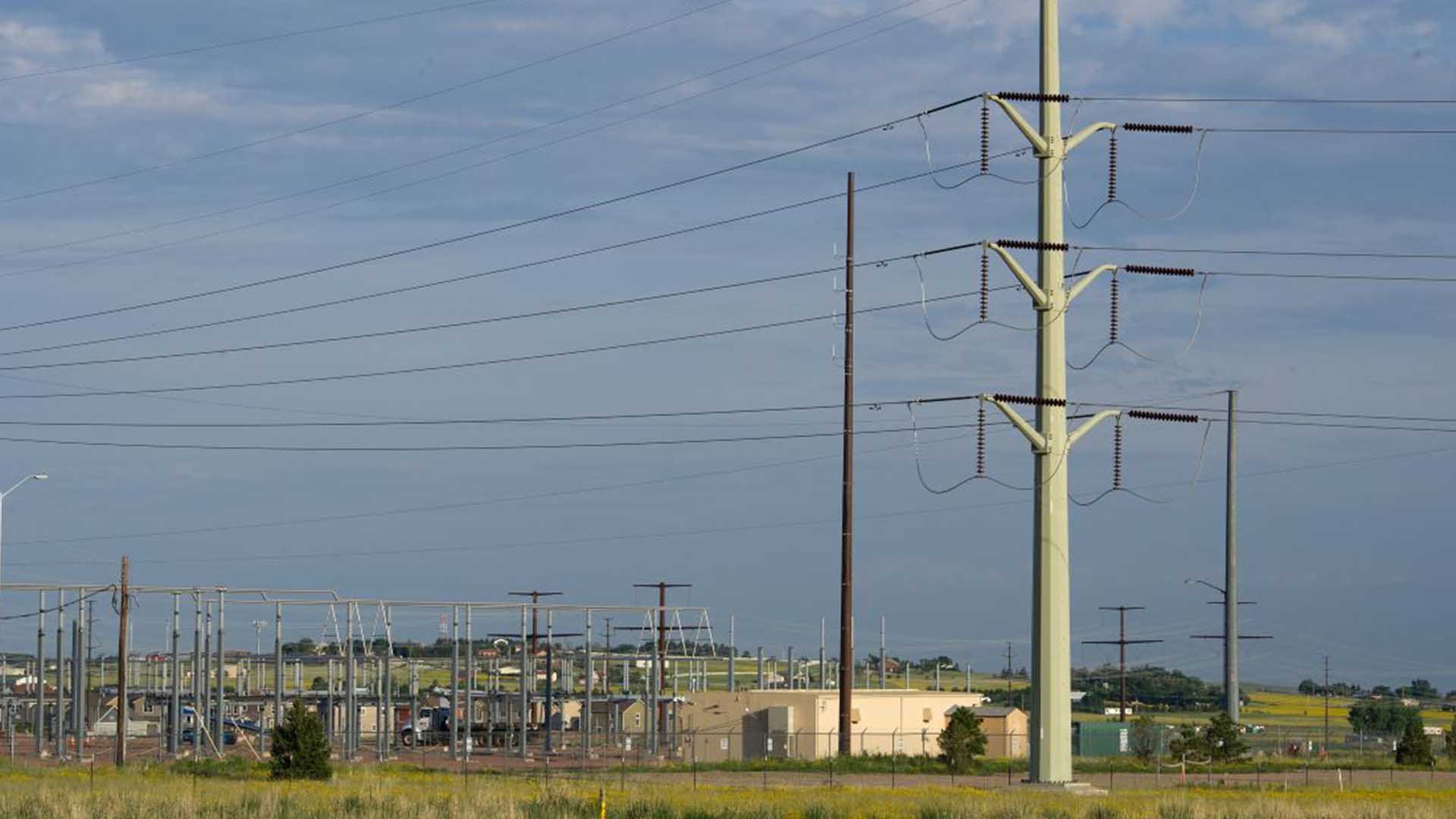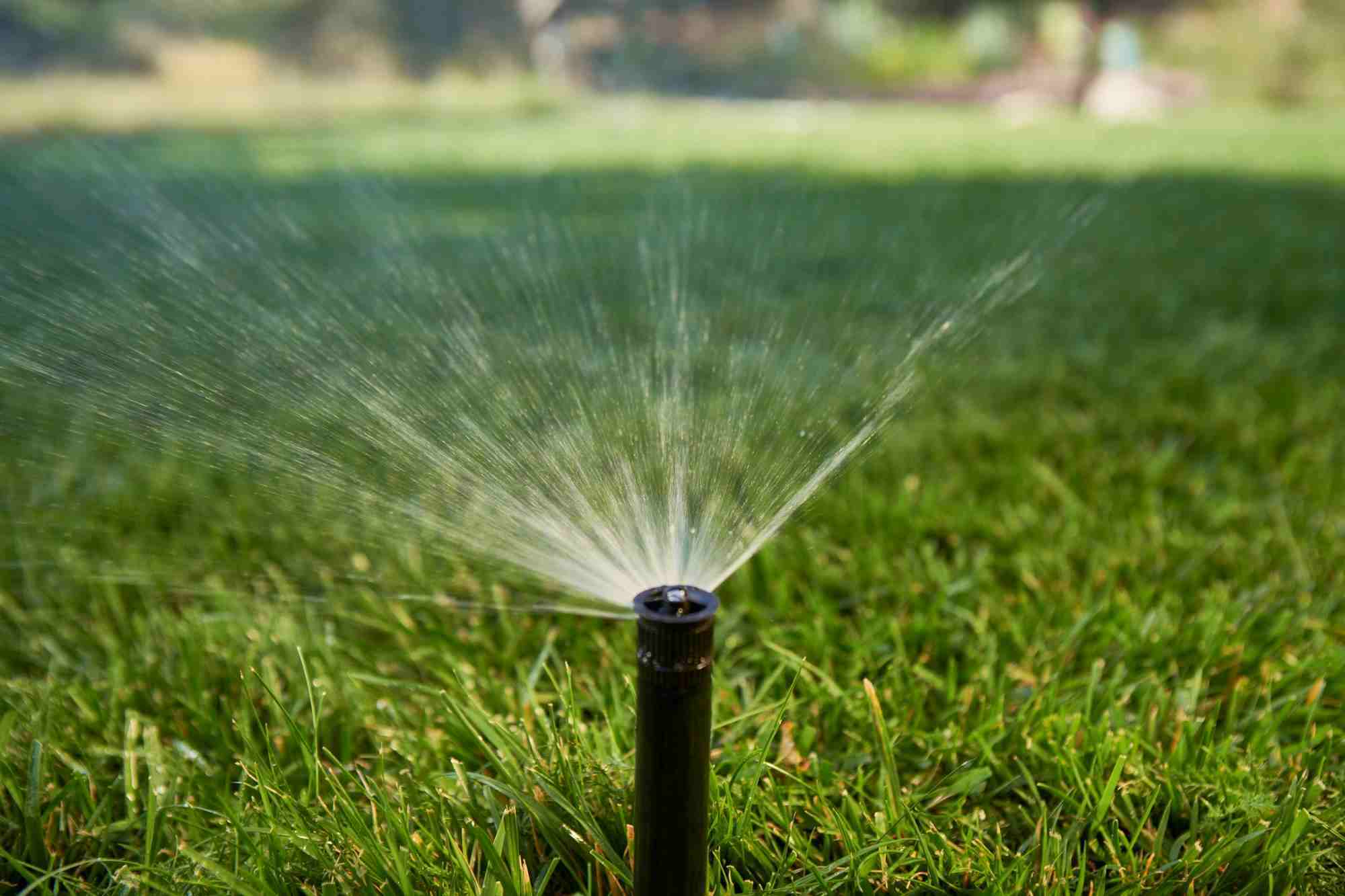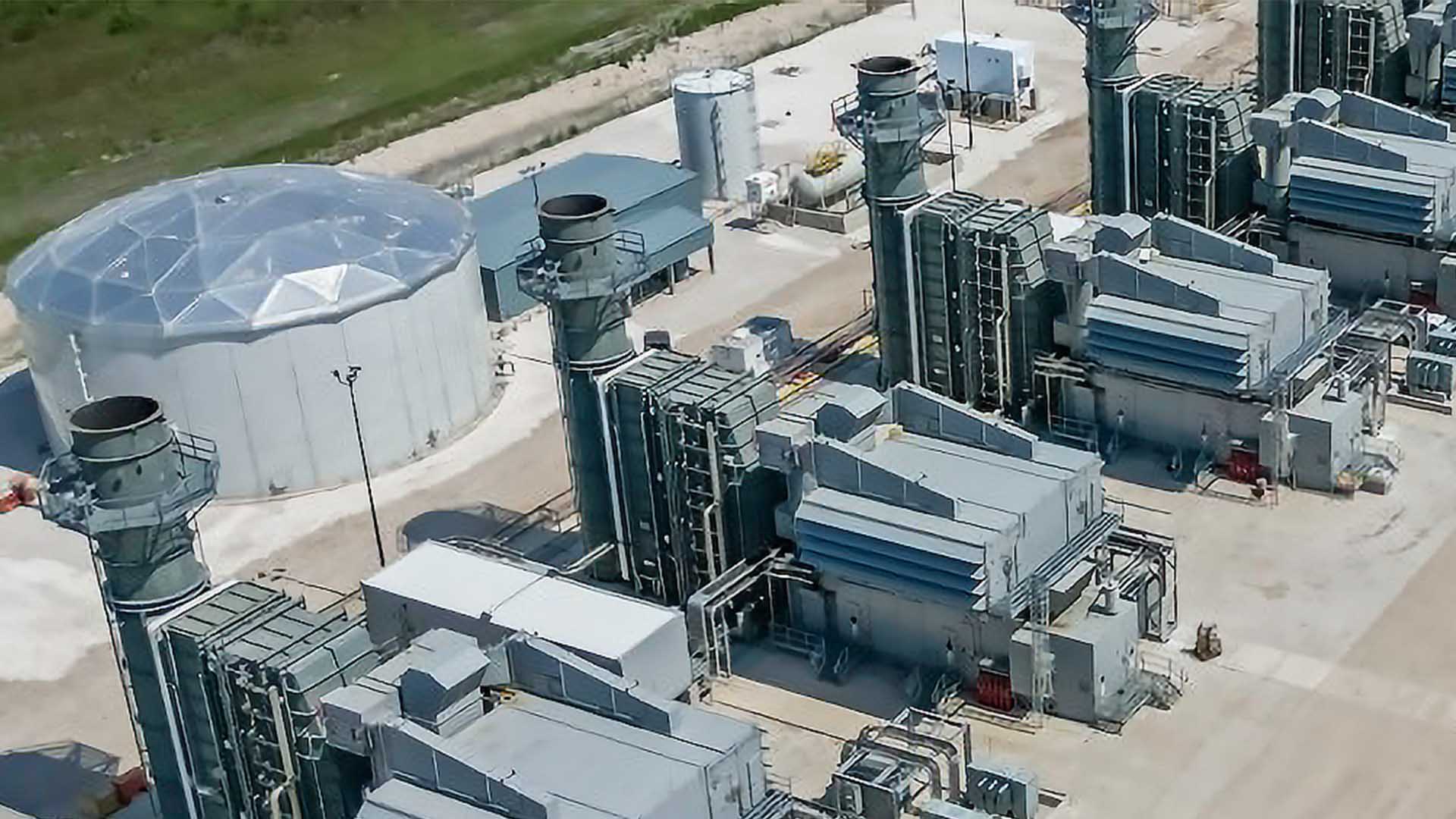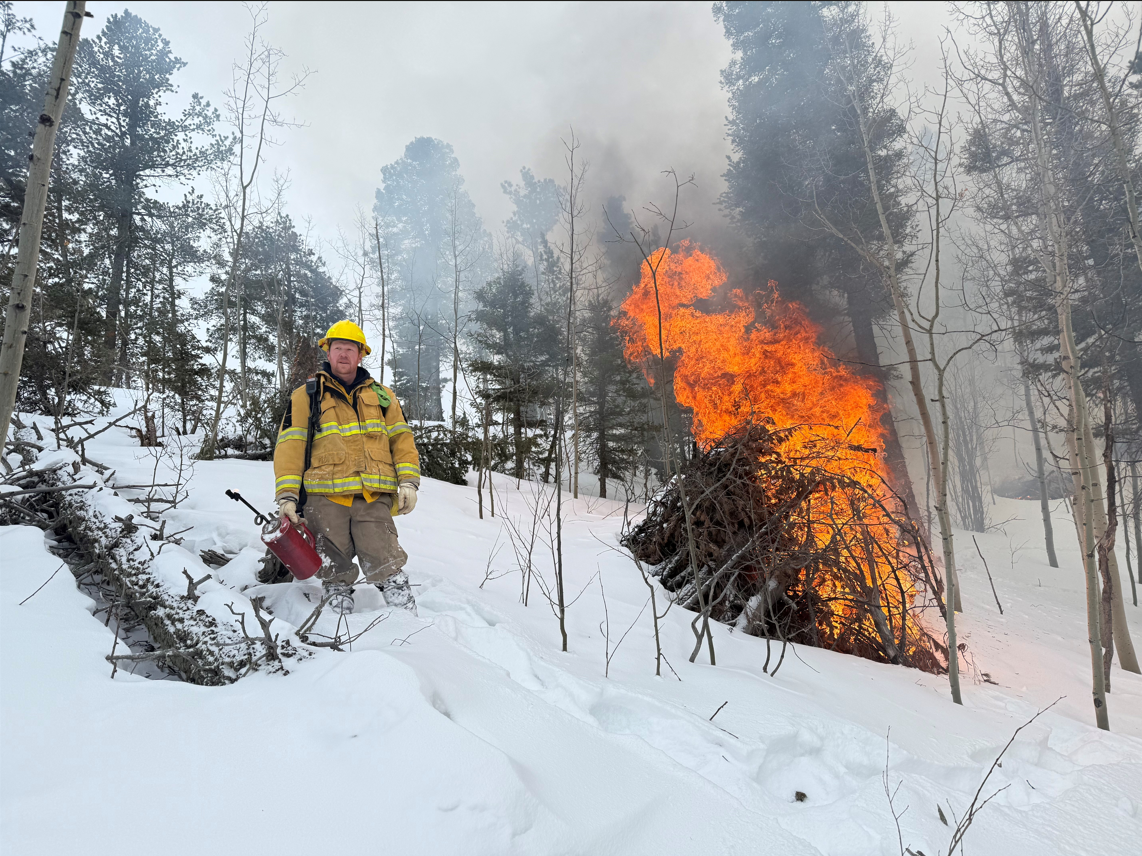
Jennifer J.
Duration: 1 minute
Published on August 10, 2023
We participate in water sharing with farmers in the Lower Arkansas River valley. Water sharing, in essence, means balancing water supplies for different uses during both wet and dry years. It can be done in a variety of ways, but the primary purpose is to manage a limited resource - water - in a way that meets multiple needs. In our case, it means meeting both municipal needs (the needs of our customers) and agricultural needs.
It’s easy to imagine the need for sharing water during dry years. Squeezing the most use from every drop makes sense. But how does it work in wet years, like 2023 has been for us so far? Our reservoirs are full, and it’s good to have that water in storage for drier years ahead. While farmers also have more water falling from the sky to quench their crops, they often still don’t have enough to put all of their land into production.
In times of plenty, sharing water still makes the best use of a valuable resource. Wet years mean we’re able to share more water. Our ample water supply – the result of good snowpack and higher-than-expected precipitation – is more than some of our reservoirs can hold. Rather than releasing the water we can’t store right now (called spilling), we’ve made it available to downstream farmers for their use. For example, we chose not to take delivery of our water-sharing water earlier this summer and instead leased it back to the farmers, who can use the extra water to farm more land, increase yields, or store for future years.
In future, drier years we will be able to take delivery of our water while farm fields are fallowed or farmers rely on more efficient irrigation methods we've helped them adopt.
Our water sharing program has been busy planning for, developing, and implementing projects since 2015 and has emerged as one of the state’s most innovative ways to balance competing needs. It does this by:
- providing new water supplies for our growing community,
- guarding against the impacts of drought, and
- sustaining the agricultural economy in our native Arkansas River basin.
Water sharing works because it emphasizes collaboration, rather than competition, for water. Adapting to whatever the weather brings - while keeping a mindful eye on drought's grip on the West - requires a flexible approach to managing our water supplies. We’re thankful to have good working relationships with our farming neighbors who also need a reliable supply of water to feed the world.







